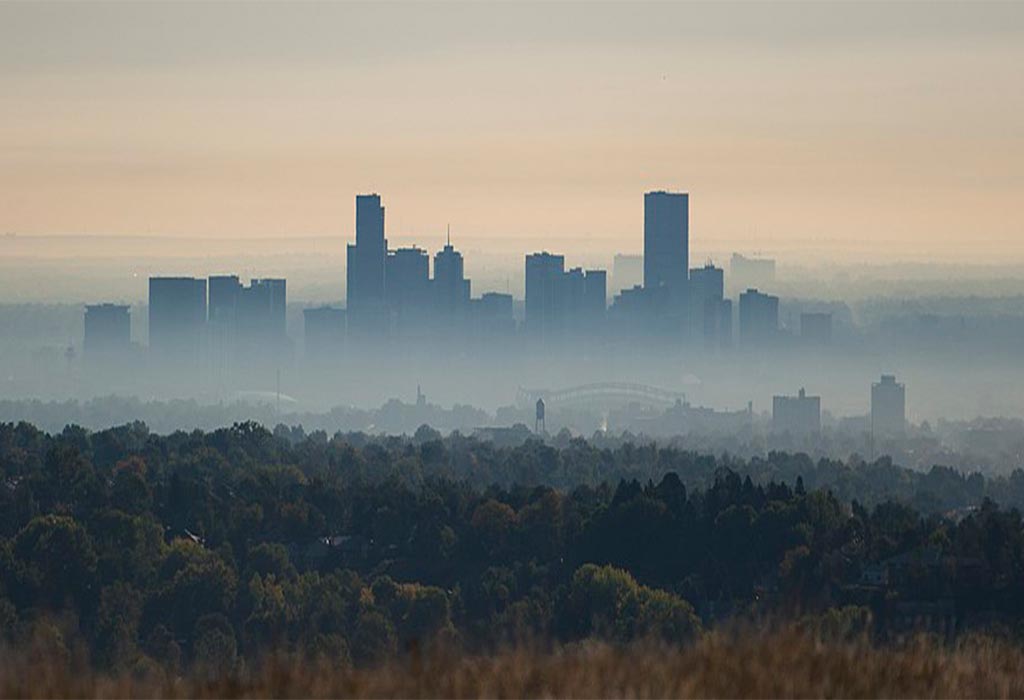Current work in wildlife, rivers, public lands, and climate
Press Releases
Lawsuit filed to fight Environmental Protection Agency delay in reducing asthma-causing smog in Denver, other U.S. cities
“Clean air delayed is clean air denied,” said Jeremy Nichols, climate and energy program director for WildEarth Guardians. “Across the country, the EPA’s failure to crack down on smog is illegally leaving millions vulnerable. This has to stop.”
The eight areas are home to almost 50 million people and have some of the nation’s worst air quality. Ground-level ozone—commonly called smog—harms the health of people, wildlife and plants.
In the Denver Metro Area, a region that has continually failed to meet ground-level ozone standards for years, oil and gas extraction continues to fuel the region’s smog problems. In spite of rules to limit oil and gas industry air pollution, increases in drilling and fracking have outpaced emission control measures.
“The Biden EPA talks a good game, but when it takes a lawsuit to reduce dangerous smog levels, it shows that the polluters, not the scientists, are running the show,” said Robert Ukeiley, a senior attorney at the Center for Biological Diversity. “The science indicates that the EPA’s illegal delay will cause additional asthma attacks and harm to birds and bees.”
Ozone pollution is linked to human health problems like asthma attacks and can cause premature death. Those most at risk include older adults, children and people who work outdoors. Ozone pollution also contributes to the climate crisis by harming plants and limiting their ability to reduce greenhouse gas pollution.
“The EPA’s failure to complete a simple task like downgrading the smog rating delays protection for almost 50 million people against this toxic threat,” said Kaya Allan Sugerman, the Center for Environmental Health’s director of illegal toxic threats. “The ambient monitoring data shows these areas clearly have dangerous levels of smog that need to be addressed as quickly as possible.”
The EPA failed to reclassify the following regions from a serious classification to a severe classification based on 2018-2020 monitoring data for the 2008 National Ambient Air Quality Standards for ozone: Chicago-Naperville area of Illinois; Dallas-Fort Worth and Houston-Galveston-Brazoria areas of Texas; New York City metro areas of Connecticut, New York and New Jersey; non-metro areas of Connecticut; the Denver-Boulder-Greeley-Fort Collins-Loveland area of Colorado; Western Nevada County, California; and Ventura County, California.
The lawsuit was filed in the U.S. District Court for the Northern District of California.

Smog in Denver, Colorado. Photo by U.S. Department of Energy.